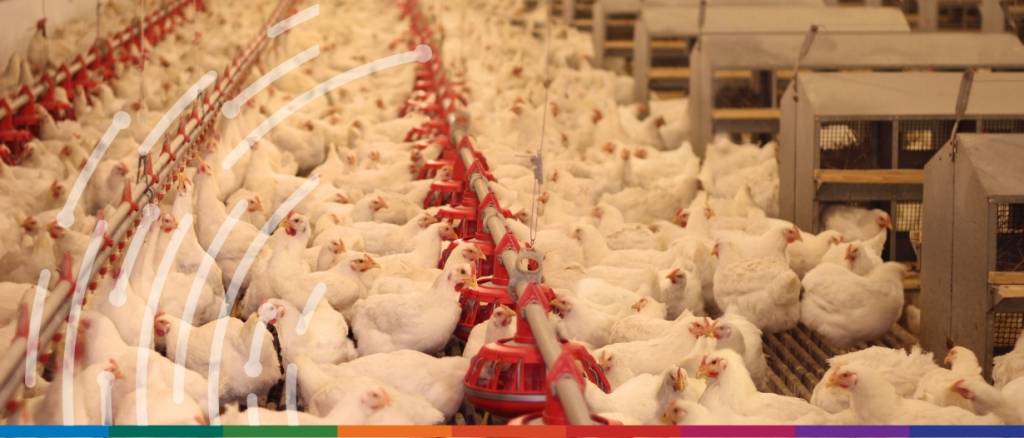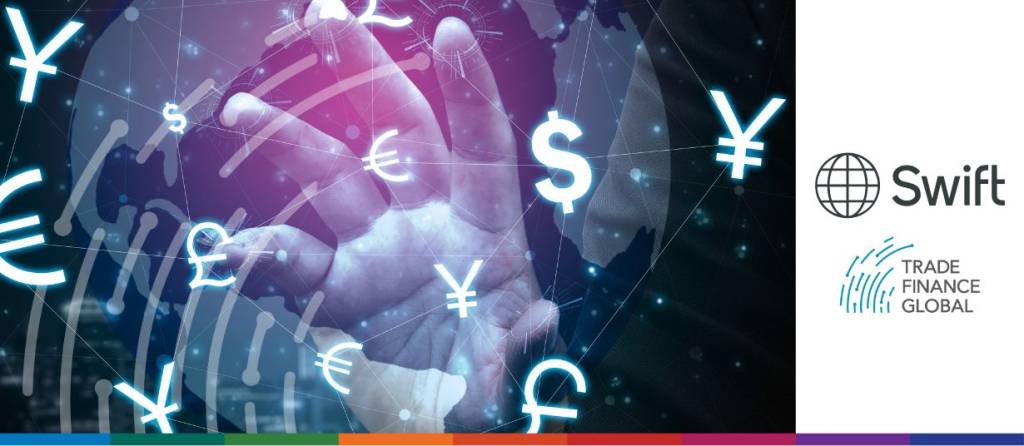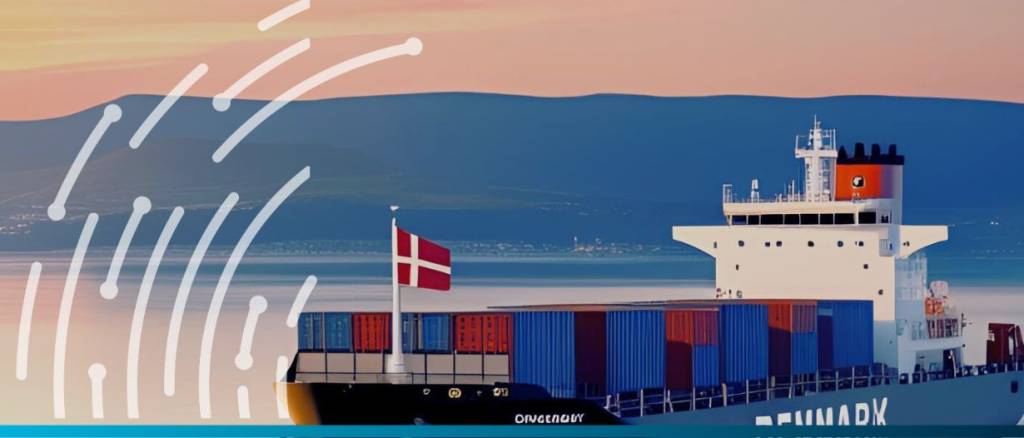At a recent workshop organised by the International Trade and Forfaiting Association (ITFA) in association with FCI and the European Bank for Reconstruction and Development’s Trade Facilitation Program (EBRD TFP)… read more →
“Trade finance remains reliant on outdated processes that increase fraud, delay transactions, and inflate capital costs,” said Michele Sancricca, Secro’s co-founder and chief executive. The company has developed a blockchain-based… read more →
Brazil’s first-ever bird flu outbreak in domestic poultry triggered immediate export bans from multiple countries and highlighted the fragility of international food supply chains. The report reveals that antimicrobial resistance… read more →
The deal agreed between UK Prime Minister Keir Starmer and Ursula von der Leyen, President of the European Commission, has been marked by the sanitary and phytosanitary goods (SPS) deal.… read more →
The Digital Container Shipping Association (DCSA) announced that its framework, which allows eBLs to be exchanged seamlessly across different digital platforms, has become a commercial reality. “What began as an… read more →
Speaking at the US-Saudi Investment Forum in Riyadh, while acknowledging their purpose before the fall of Bashar al-Assad’s regime in December 2024, Trump described the sanctions as “brutal and crippling”.… read more →
As a customer, it looks like payments are becoming easier than ever. With a tap of a card or two clicks in an online store, our money can change hands… read more →
The discussion did not result in a concrete deal, but highlighted its eventual nature. The agreement will focus on the agriculture, technology, and manufacturing industries, cutting tariffs from 27.5% to… read more →
The plan, which will be presented to the Danish Parliament in October of this year, will establish a state-backed insurance plan that will protect the country’s shipping industry from geopolitical… read more →
India, the world’s fifth-largest economy, seeks to expand bilateral trade with the UK, the world’s sixth-largest, by a further $34 billion by 2040. The agreement, announced yesterday by Business and… read more →
























